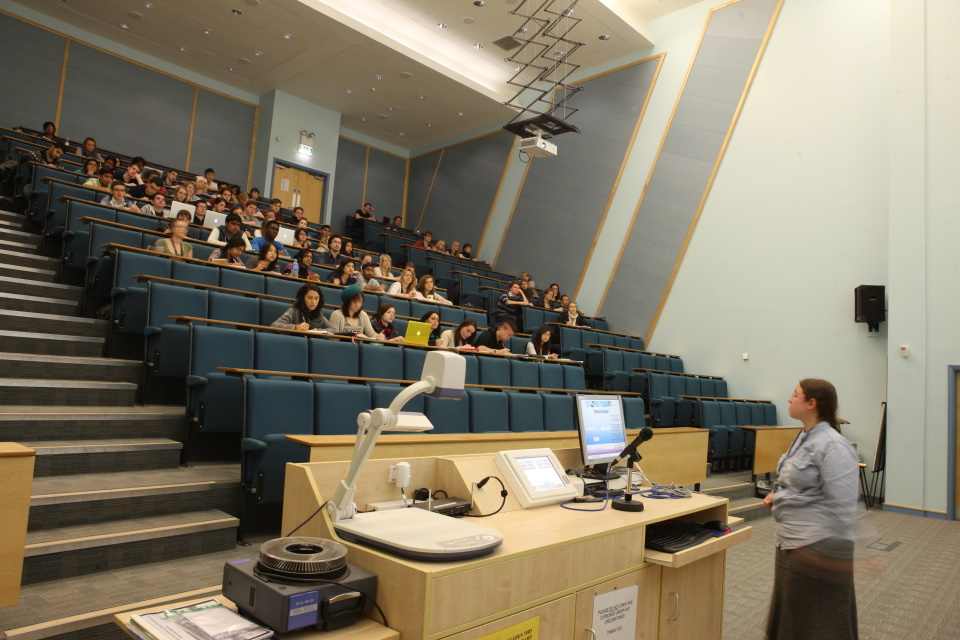Using Story Completion Narratives with Teachers

This seminar will consider the use of narratives in gaining understanding of refugee policy and links to inclusion policy from the viewpoints of five teachers.
As well as being part of a wider analysis of policy agendas, an additional aim is to produce a narrative collection which can be used to support future dialogue or CPD opportunities in school. The methodology is an amalgamation of narrative types and requires participants to jointly create and agree a story with the researcher. Photographs and stem sentences are used as stimuli to create a story, based on real or hypothetical events (Reismann, 1993; Georgakopoulo, 2013). This allows participants to express their beliefs and values (Clandinin and Connelly, 2000) with plausible deniability (Clarke and Braun, 2013; Clarke et al, 2019). The narrative structure uses a standard narrative arc with an ending which can be positive, negative or ambiguous.
The participants are then asked to justify their decisions and consider any potential opportunities for challenge within the narrative (Atkinson and Delamont, 2006; Norton and Early, 2011). It is held within a specific time frame and is open to interpretation both at the point of creation and in future analysis (Clandinin and Connelly, 2000; Atkinson and Delamont, 2006; Downey et al, 2014). Each narrative has a temporal existence and is encompassed within postmodernist epistemology.
- Event date
- Event Time
- 1:00PM
- Location
- Online
- Organiser
- Aneta Hayes
- Contact email
- a.m.hayes@keele.ac.uk
- Contact telephone
- +44 1782 7 33556

